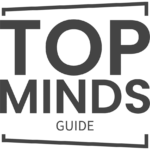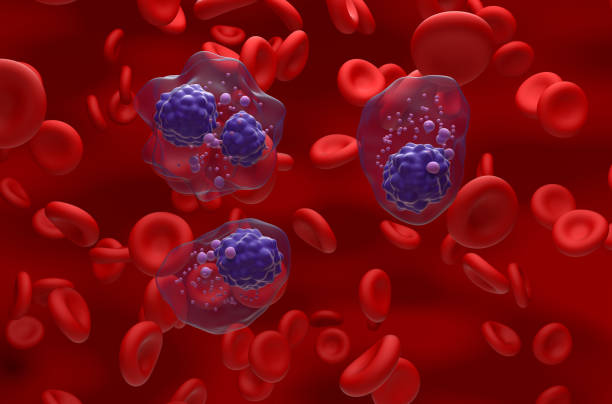Effective Management and Treatment of Migraines: A Comprehensive Guide
Migraines are a debilitating condition that affects millions worldwide, characterized by intense headaches and other neurological symptoms. Effective management and treatment of migraines are crucial to improving the quality of life for those who suffer from this condition. This guide provides a comprehensive look at the various treatment options for migraines, from lifestyle changes and over-the-counter medications to prescription drugs and alternative therapies. Whether you're experiencing migraines for the first time or looking for more effective management strategies, this article offers valuable insights and practical advice to help you navigate the complexities of migraine treatment.

Understanding Migraines
Migraines are more than just headaches. They are a chronic neurological condition characterized by moderate to severe headaches accompanied by nausea, vomiting, and sensitivity to light and sound. Triggers can vary widely and may include stress, hormonal changes, certain foods and drinks, weather changes, and lack of sleep.
Lifestyle Modifications for Migraine Management
Making certain lifestyle changes can help reduce the frequency and severity of migraines:
- Dietary Changes: Identifying and avoiding food triggers is crucial. Common triggers include caffeine, alcohol, aged cheeses, and processed foods.
- Regular Sleep Patterns: Establishing a consistent sleep schedule can help.
- Stress Management: Techniques like yoga, meditation, and regular exercise can reduce stress-related migraines.
- Hydration: Staying well-hydrated is essential to prevent migraines triggered by dehydration.
Over-the-Counter (OTC) Treatments
For many people, OTC medications can be effective in treating migraine symptoms:
- NSAIDs: Nonsteroidal anti-inflammatory drugs like ibuprofen or naproxen can relieve mild to moderate migraine pain.
- Acetaminophen: Can be effective for mild migraine pain but should be used cautiously as it can lead to rebound headaches if overused.
- Combination Analgesics: Some OTC medications combine caffeine, aspirin, and acetaminophen, which can be more effective than taking these medications separately.
Prescription Medications
More severe migraines may require prescription medications:
- Triptans: Commonly prescribed for migraines, these drugs block pain pathways in the brain.
- Preventive Medications: These include cardiovascular drugs, antidepressants, and anti-seizure drugs, which can reduce the frequency of migraines.
- CGRP Monoclonal Antibodies: A newer class of preventive medication specifically targeting migraine pathways.
Alternative and Complementary Therapies
Some people find relief through non-traditional treatments:
- Acupuncture: Has been shown to be effective for some in managing migraine frequency and intensity.
- Biofeedback: Helps patients recognize and control their body’s response to stress, a common trigger for migraines.
- Herbal Supplements: Such as butterbur and feverfew, though their efficacy varies and they should be used under medical guidance.
When to Seek Professional Help
It’s important to consult a healthcare professional if migraines are frequent, severe, or disrupting your life. Also, seek immediate medical attention if you experience the worst headache of your life, headache with fever, stiff neck, confusion, double vision, or numbness.
Long-Term Management and Prevention
Long-term management involves identifying and avoiding triggers, adhering to a preventive medication regimen if prescribed, and maintaining a healthy lifestyle. Regular check-ins with a healthcare provider are key to adjusting treatment plans as needed.
Conclusion
Migraines can be challenging to manage, but a comprehensive approach that includes lifestyle modifications, appropriate medication, and possibly alternative therapies can significantly improve the quality of life for those affected. Understanding your triggers, being proactive in treatment, and maintaining open communication with healthcare providers are essential steps in effective migraine management.






